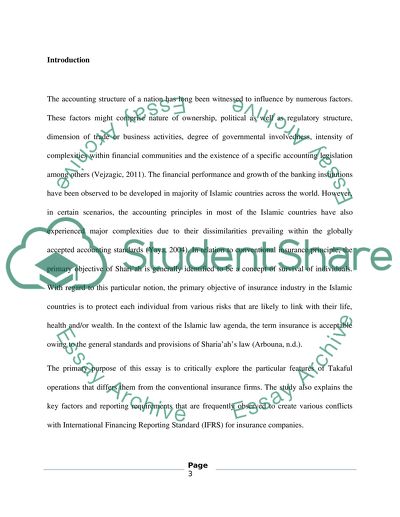Cite this document
(“Islamic accounting and financial reporting Essay”, n.d.)
Islamic accounting and financial reporting Essay. Retrieved from https://studentshare.org/finance-accounting/1637804-islamic-accounting-and-financial-reporting
Islamic accounting and financial reporting Essay. Retrieved from https://studentshare.org/finance-accounting/1637804-islamic-accounting-and-financial-reporting
(Islamic Accounting and Financial Reporting Essay)
Islamic Accounting and Financial Reporting Essay. https://studentshare.org/finance-accounting/1637804-islamic-accounting-and-financial-reporting.
Islamic Accounting and Financial Reporting Essay. https://studentshare.org/finance-accounting/1637804-islamic-accounting-and-financial-reporting.
“Islamic Accounting and Financial Reporting Essay”, n.d. https://studentshare.org/finance-accounting/1637804-islamic-accounting-and-financial-reporting.


